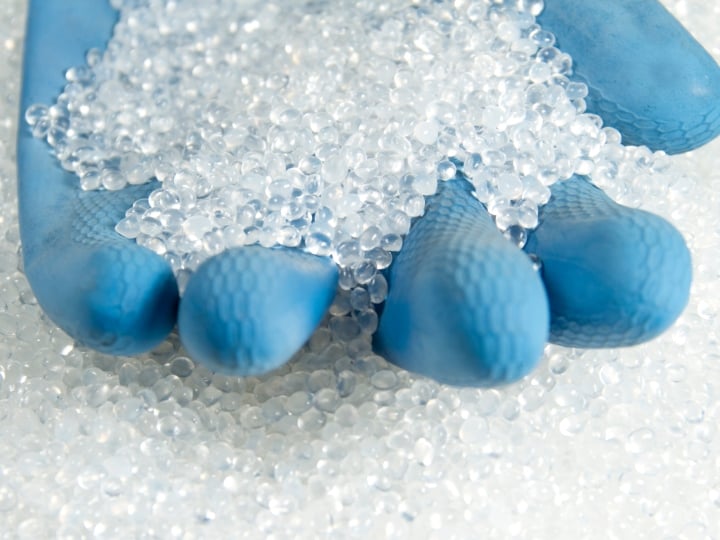Rotational rheometry utilised by our skilled laboratory experts for sensitive yet robust measurement of complex shear rheology across a diversity of materials
Rotational rheology laboratory testing is sought to discern the structural and compositional changes of polymer and composite materials - decisive factors regarding deformation and flow properties. It is a powerful technique, used for the measurement of complex shear rheology. Such testing elucidates issues pertaining to product stability and performance, while helping to evaluate properties such as thixotropy, yield stress, creep and recovery, and stress relaxation.
Testing is available from our expert laboratories for polymer melts, viscous fluids, dispersions, emulsions and other materials, from ambient to 400°C.
Rotational rheology analysis:
- Very low shear-rate analyses provide information on molecular weight
- Gelation times can be determined for materials, including epoxy resins and adhesives
- Melt Stability in air or nitrogen atmosphere and/or against a range of metal surfaces
- Effect of temperature on flow properties at fixed deformation rates
- Thixotropy through controlled stress measurements of structured fluids
- Yield stress, recovery, thixotropy, flocculation of multi-phase systems
- Prediction of polymer melt processing behaviours, including:
Surface finish, weld lines, sink marks, warpage, fibre breakage, excessive draw, melt strength, edge curl, shrinkage, fibre coalescence, splitting, uneven width or thickness, bubble breaks, die drool - Gel Point Determination, Relaxation behaviours, Time and Temperature dependency of Thermosetting,Thermoplastic and adhesive materials
- Rheology solutions for polymer processing
Intertek rheology labs are located in Europe and North America. Samples can be conveniently shipped to the laboratories from many global locations: contact our expert staff to discuss your needs.
Rheology testing:



